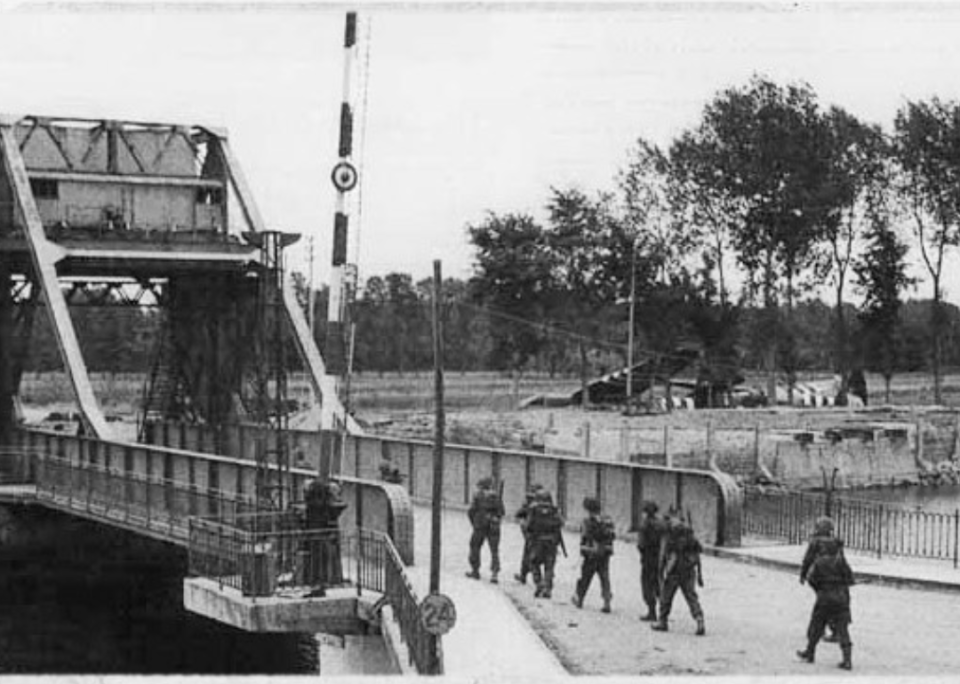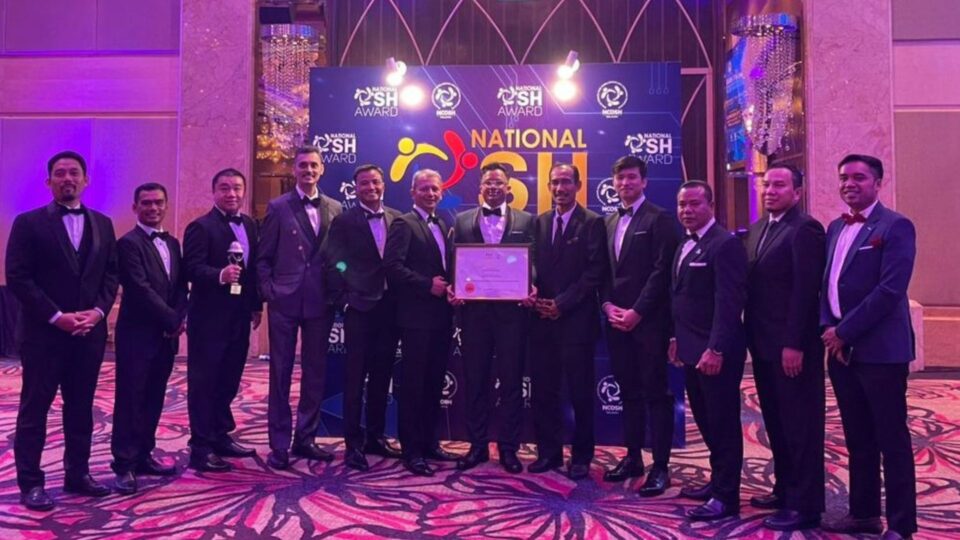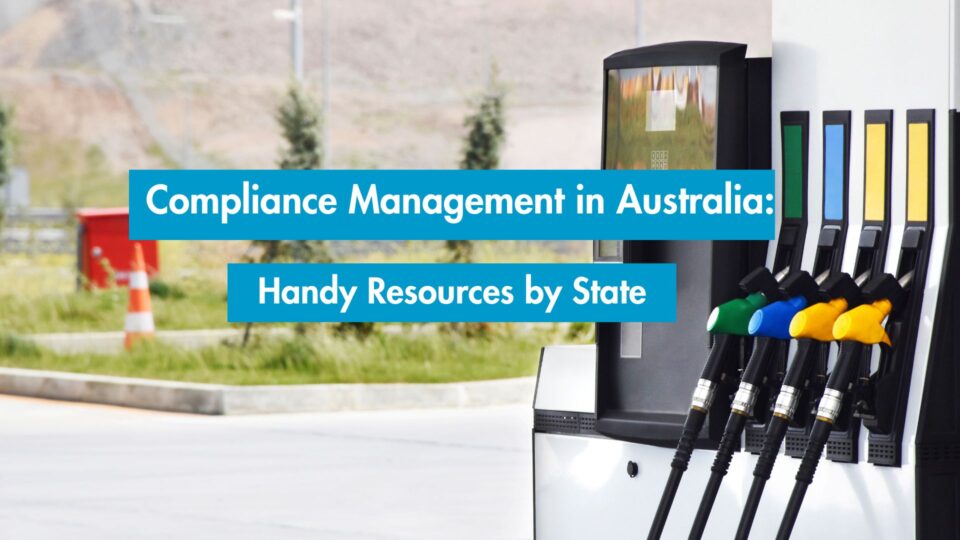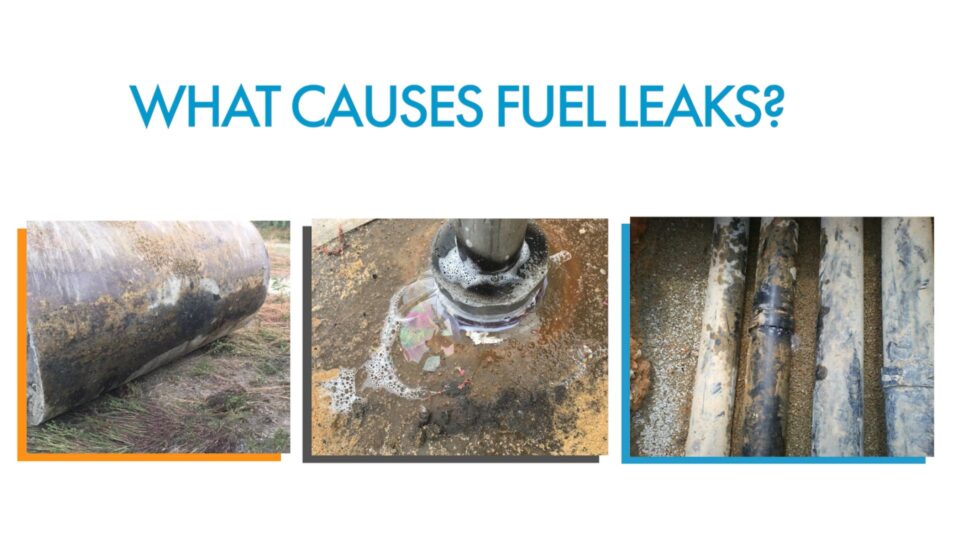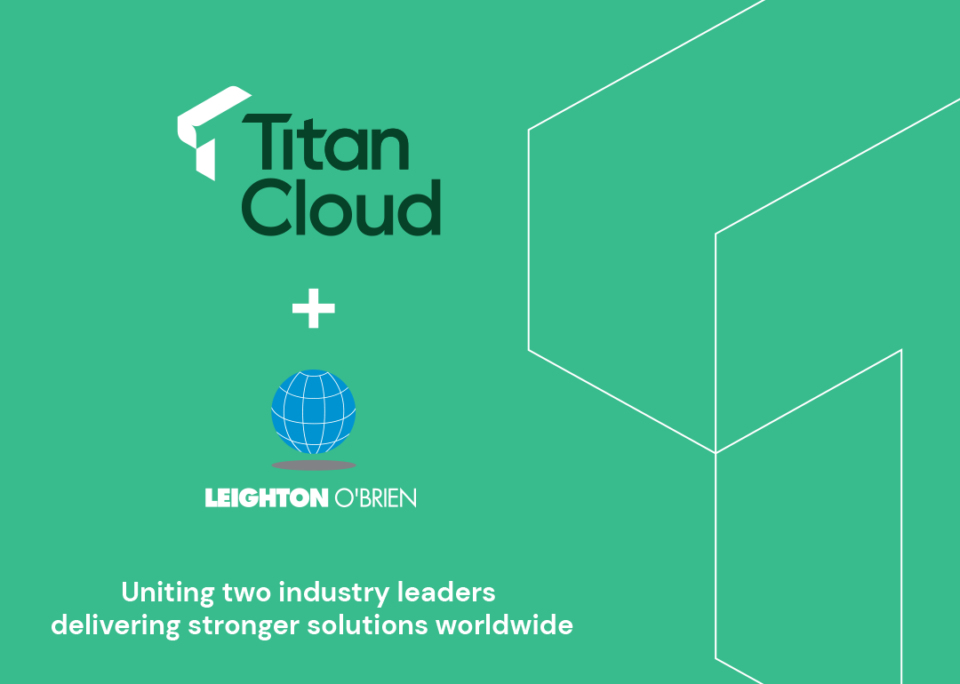- 15.08.2022
- iHUB
Quantity and Quality: Two Qs that affect fuel companies’ reputation
Articles
Quantity and Quality: Two Qs that affect fuel companies’ reputation

Does your fuel network operate through a Dealer-owned-Dealer-operated (DoDo) model?
If the answer is yes, what measures are you taking to protect your brand image and corporate reputation?
DoDo service stations are retail sites that are owned by a fuel dealer but operated under a branding arrangement with a major oil company or an independent fuel wholesaler.
When operating under this model, fuel companies might think that they don’t need to worry about the fuel once the dealers own it.
However, there are 2 factors that might affect their brand reputation which are fuel quantity and fuel quality, or as we like to call them: the 2 Qs.
Fuel quantity
Among both oil companies’ and dealers’ objectives, one that is on top of the list is to optimize sites’ revenues.
Increasing the amount of fuel that is sold is key to achieving this objective and hence reducing fuel loss becomes a priority.
What can fuel companies do to reduce fuel loss?
1. Reduce variance through Tank Gauge Calibration:
Tank charts are the number 1 source of variance which can hide real fuel losses. In fact, 70% of tanks globally have a tank chart calibration error of 1%.
This makes it hard to see exactly what’s going on and accurately measure losses and can also generate false readings of outages where alarms won’t trigger at the right levels, which can result in catastrophic events.
Fuel companies can correct this through Tank Gauge Calibration. By using software technologies such as Leighton O Brien’s fuel management platform, iHUB, they can get access to a system-generated tank chart to accurately measure inventory volume, resulting in more precise analysis, fewer false alarms and operational cost reduction.
2. Stop giving away fuel from over-dispensing pumps via a meter drift analysis:
Meters can wear over time and typically give away fuel which adds to the cost of selling fuel. Also, meters out of tolerance can be a compliance issue, bringing potential fines.
The Meter drift tool in iHUB detects variance and losses from drifting meters by product and meters operating outside operational thresholds, providing a quantifiable return. It helps understand variance, optimise sales and optimise maintenance costs by determining when it is more cost-effective to adjust rather than replace the meter.
Fuel quality
Slow-flowing pumps is a key customer complaint. In fact, according to a recent report, customers don’t want to wait at the pump. Most will wait but only if there are 2 cars in line: 34% will wait if there is only 1 car in line, and 33% if there are 2. Only 1 in 4 will wait if there are 3 or more cars.
Having slow-flowing pumps not only has a negative brand impact but also creates inability to detect site performance.
The flow rate tool in iHUB can identify flow rate issues in real-time, filter out the noise and provide a low trend analysis to aid preventative maintenance decisions and prioritize repairs.
This way, fuel operators can quickly Identify underperforming pumps, maintain optimum flow efficiency and improve customers’ experience.
Dealer portal: manage access and provide meaningful insights
iHUB includes a dealer portal to provide access to site dealers and allow them to get insights on key aspects of their business, such as inventory visibility, alarm management and supply chain logistics.
This helps both fuel companies and dealers ensure that fuel quantity and quality won’t be an issue, keeping their reputation and brand image safe.
Main benefits:
- Increased customer satisfaction
- Higher ROI
- Better tools and support for DODO station operators
- Improved accuracy and efficiency
- Centralized proactive monitoring and visibility across all wetstock operations
- Optimized maintenance costs



